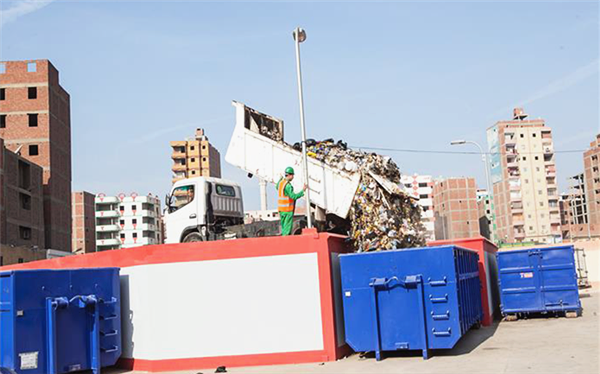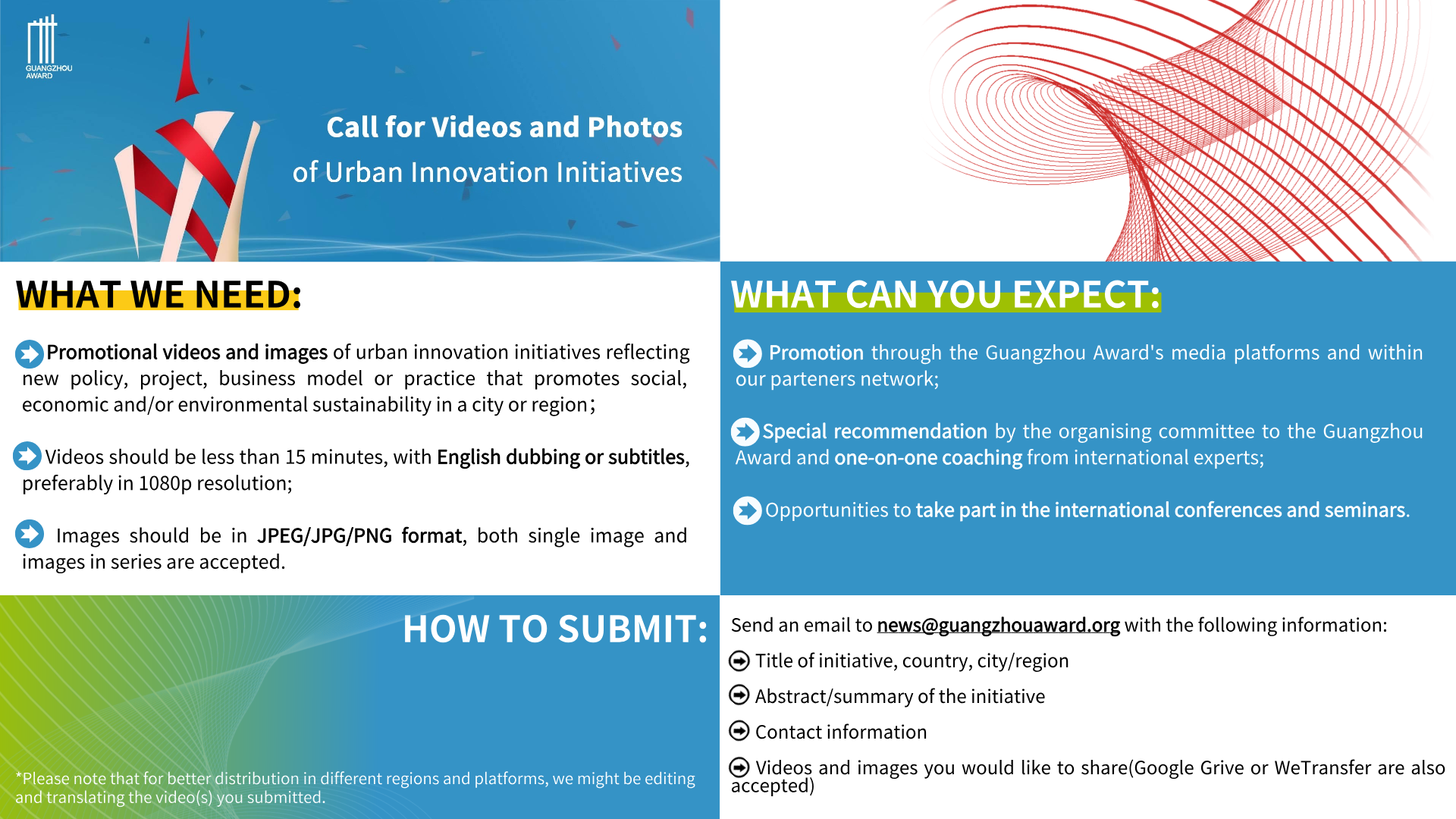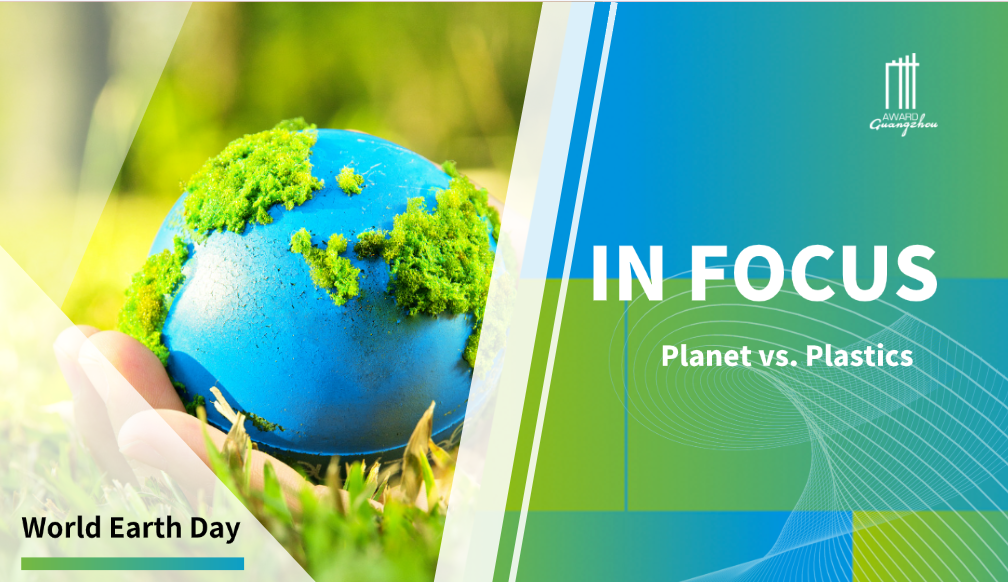Qalyubeya, Egypt
Integrated Community Based Solid Waste Management

Background Information
The measures are in accordance with the:
•National Solid Waste Management Strategy (being developed)
•Local Solid Waste Management strategy as part of the project (2012)
•The initiative serves many SDGs:
Goal 1: End poverty in all of its forms
Goal 3: Ensure healthy lives and promote well-being for all ages
Goal 7: Ensure access to affordable, reliable, sustainable and modern energy for all
Goal 8: Promote inclusive and sustainable economic growth, full and productive employment and decent work for all
Goal 9: Build resilient infrastructure, promote inclusive and sustainable
industrialization and foster innovation
Goal 10: Reduce inequality within and among countries
Goal 11: Make cities and human settlements inclusive, safe, resilient and sustainable
Goal 13: Take urgent action to combat climate change and its impacts
Goals of the Initiative
This application focuses on an initiative aiming at improving the collection of waste in the city of Khosoos. It assisted the formalization of informal waste collectors through one NGO and three private sector companies, and supported ten of the poorest collectors with motorized tricycles for waste collection. The initiative constructed a transfer station within the neighborhood, where the informal waste collectors can transfer their waste. It was equipped with three trucks and ten containers to deliver the waste to build better awareness of the inhabitants.
Parties and Partners to the Initiative
The initiative involves public, private and community partnerships. Cooperation between informal waste workers and the responsible entity for SWM - the Governorate - has been created through official contracts. The transfer station is publicly owned and operated. The initiative focused on NGOs and schools and their students to build awareness.
Resources Used for Implementation
The project was implemented by GIZ/PDP in partnership with Qalyubeya Governorate through a fund by the Bill and Melinda Gates Foundation (BMGF) with a total amount of $5 million. The transfer station received a budget close to $420,000, and the motorized tricycles received around $30,000. Formalization measures required technical and managerial support from PDP. Teachers and students volunteered time and resources to undertake awareness campaigns.
Innovation for the Initiative
Local use of moto-tricycles instead of donkey carts increased the efficiency of the system. The construction of a modern but simple transfer station helped transfer waste disposal to designated landfill sites instead of on empty lots or in the Nile River. Schools were main partners for the awareness activities since they are excellent catalyst for positive behavioral change. Thus this initiative is considered revolutionary although awareness campaigns are evolutionary by nature.
Innovation have been applied in
Transfer stations are being considered in the National solid waste management strategy framework in Egypt. The integration of the informal sector is promoted by the Egyptian Environmental Affairs Agency and is being piloted in some areas in Cairo. Qalyubeya Governorate has started the planning of an additional transfer station.
Obstacles and Solutions for Innovation
The forging of the partnership between the Governorate and the informal collectors required mediation and efforts to build trust.
Outcomes and Assessments
The main outcomes of the initiatives included:
•Income of the marginalized and most needy informal waste collectors’ households has been increased
•Collection workers have been formalized, empowered, better integrated and their negotiating powers enhanced
•Working conditions of informal waste operators improved
•Transfer station reduced duration of one collection tour by approximately 50 percent and capacity of existing waste collection has increased
•Reduction of illegal dumping on the outskirts of the city by collection vehicles and hence reduction of health hazards & environment contamination
•Better awareness of the public achieved
Methods Applied
The transfer station was designed according to the local needs with access to informal waste collectors. Specific training has been delivered on the maneuvering of the trucks with containers and the operation of the transfer station. The initiative provided institutional and technical support to the newly formalized informal waste collectors and supported them to negotiate their contractual agreement with the Governorate.


 test
test Urban Innovation in China | Hainan: Transforming Mangroves into “Golden Groves”
Urban Innovation in China | Hainan: Transforming Mangroves into “Golden Groves” In Focus | Empowering the “She” in the Family
In Focus | Empowering the “She” in the Family In Focus | The World Earth Day: Planet vs. Plastics
In Focus | The World Earth Day: Planet vs. Plastics




















 Tel: +86 20 3780 4434
Tel: +86 20 3780 4434 Email: info@guangzhouaward.org
Email: info@guangzhouaward.org Address: Rm 1609, FuLiXinTianDi, No.307 Guangzhou Dadao Zhong, Yuexiu District, Guangzhou, Guangdong, 501600, PRC
Address: Rm 1609, FuLiXinTianDi, No.307 Guangzhou Dadao Zhong, Yuexiu District, Guangzhou, Guangdong, 501600, PRC




